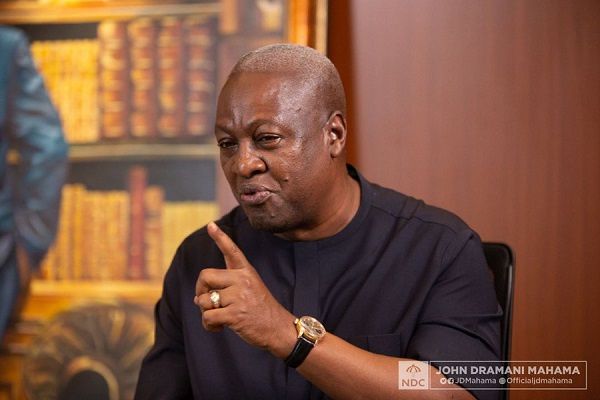
President-elect, John Dramani Mahama, has reaffirmed his dedication to addressing corruption and reducing public sector inefficiencies to propel the country’s development.
In a recent interview with Germany-based DW TV, Mahama shared his administration’s plans to introduce bold reforms aimed at enhancing governance, improving accountability, and curbing waste in public institutions.
Mahama acknowledged widespread public dissatisfaction with poor resource management, governance lapses, and the country’s rising debt levels. He described corruption and inefficiency as critical challenges that hinder national progress, emphasising the need for systemic changes to achieve economic stability and good governance.
According to Mahama, constitutional reform is a top priority for his administration. He explained.
One of the first things we will do would be to take the whole issue of constitutional review again and see how we can structure things so that we have a more dynamic constitution going forward.
He further stressed the importance of tackling corruption and waste head-on, stating:
And so how do we improve our governance system so that we are not having so much waste as a result of corruption and waste? So that is something that we need to look at to ensure our economic managers can manage it in such a way that we don’t end up where we have found ourselves at this time in terms of debt management.
Mahama underscored the significance of aligning constitutional reforms with the realities of modern governance, particularly by instituting measures that hold public officials accountable and ensure strict penalties for corrupt activities. These changes, he believes, will enhance the effectiveness of Ghana’s governance system and restore public confidence.
By prioritising constitutional changes and adopting a tougher stance on corruption, Mahama aims to create a governance structure that fosters accountability and fiscal discipline, ensuring that individuals found guilty of corruption face appropriate consequences. These measures, he argued, are critical to building a more transparent and efficient public sector, essential for driving Ghana’s progress.
Read Full Story

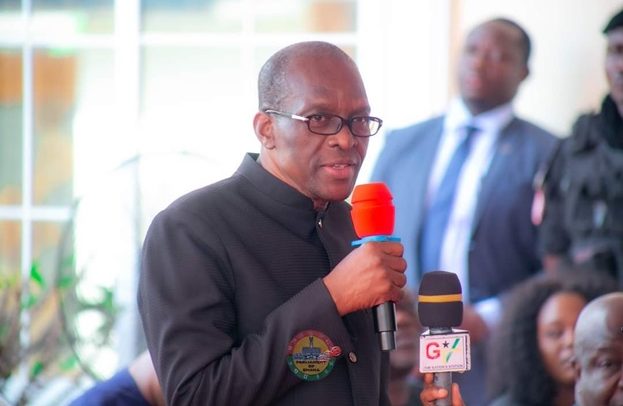
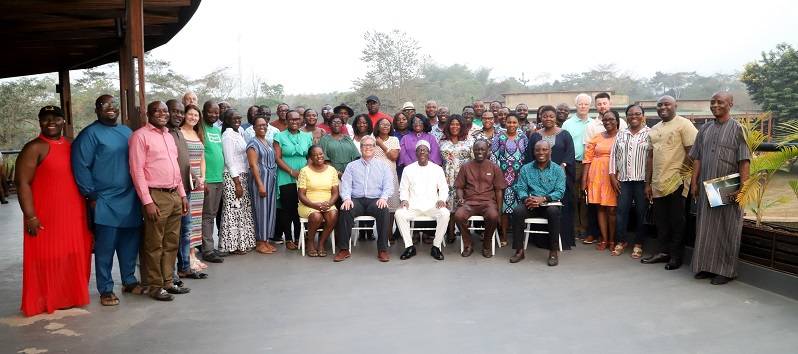

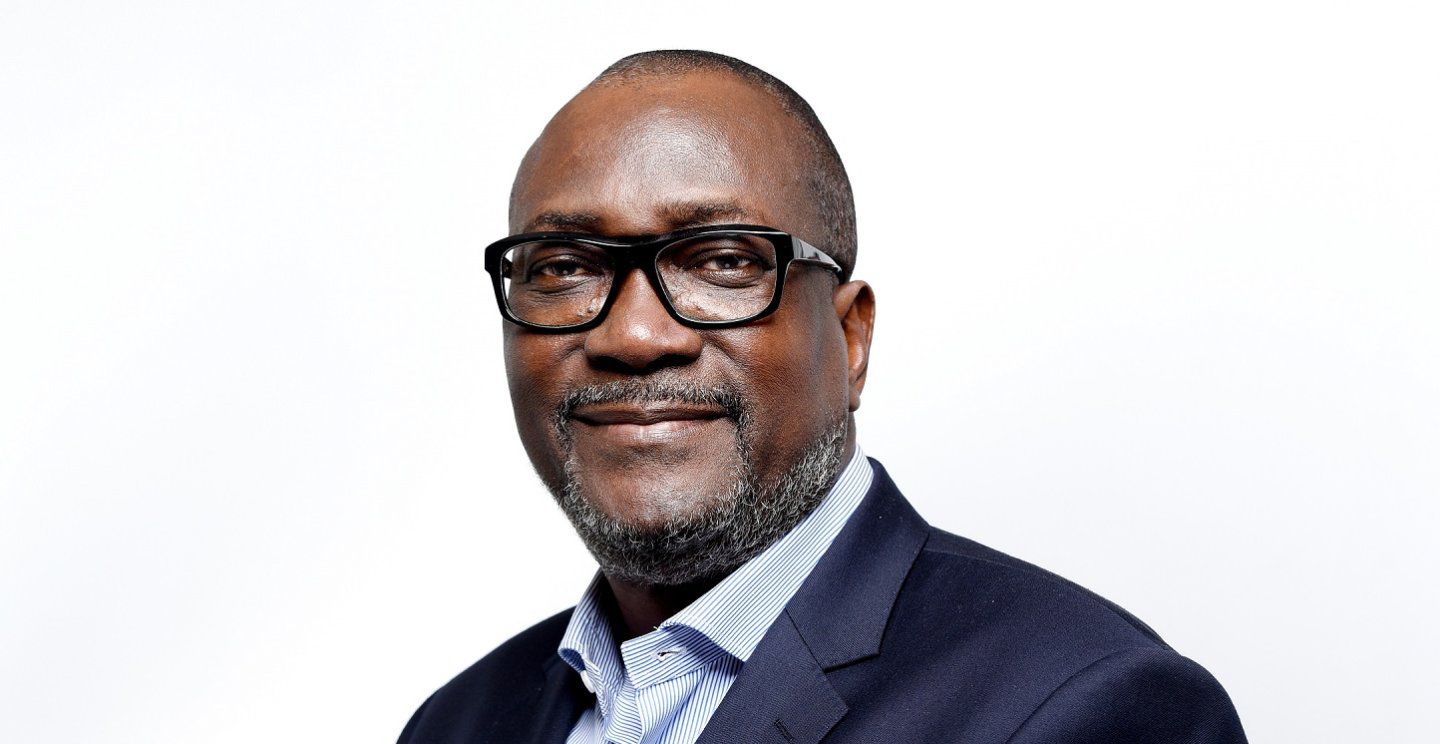

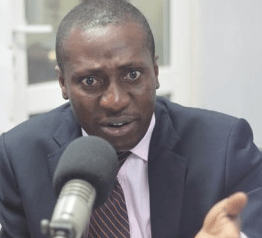
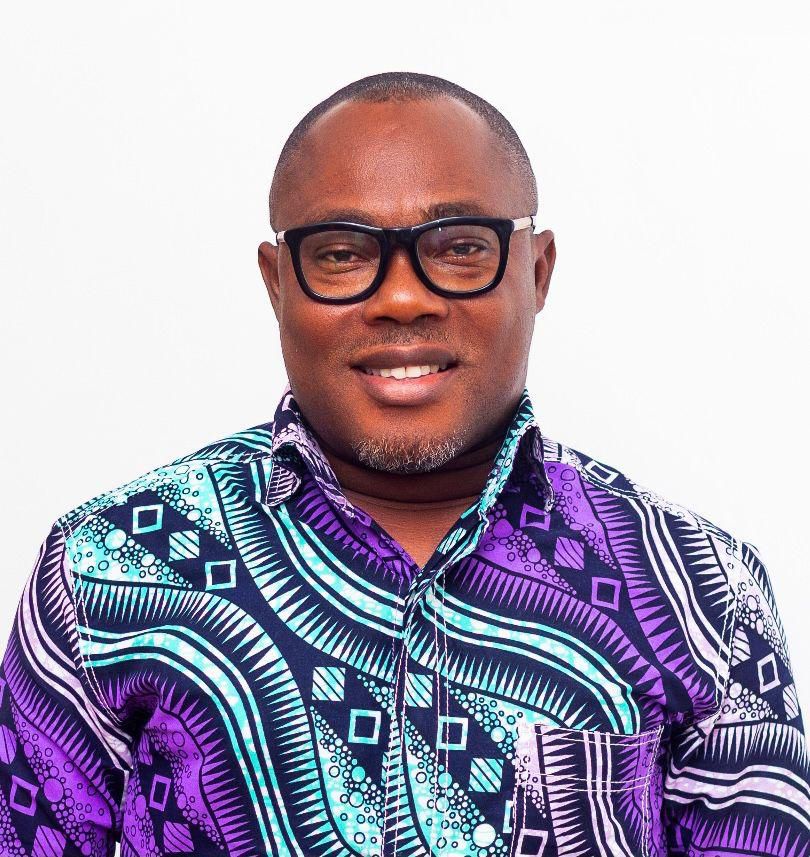

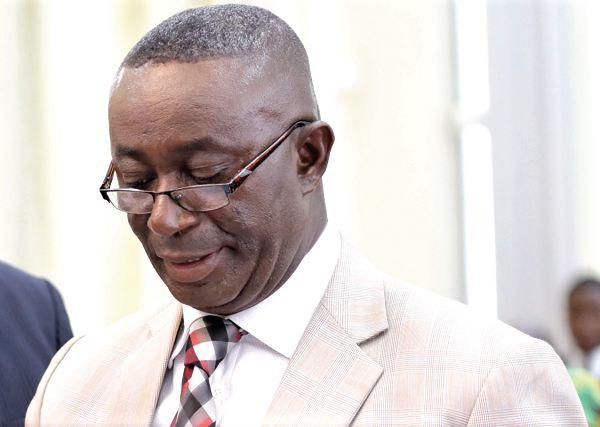

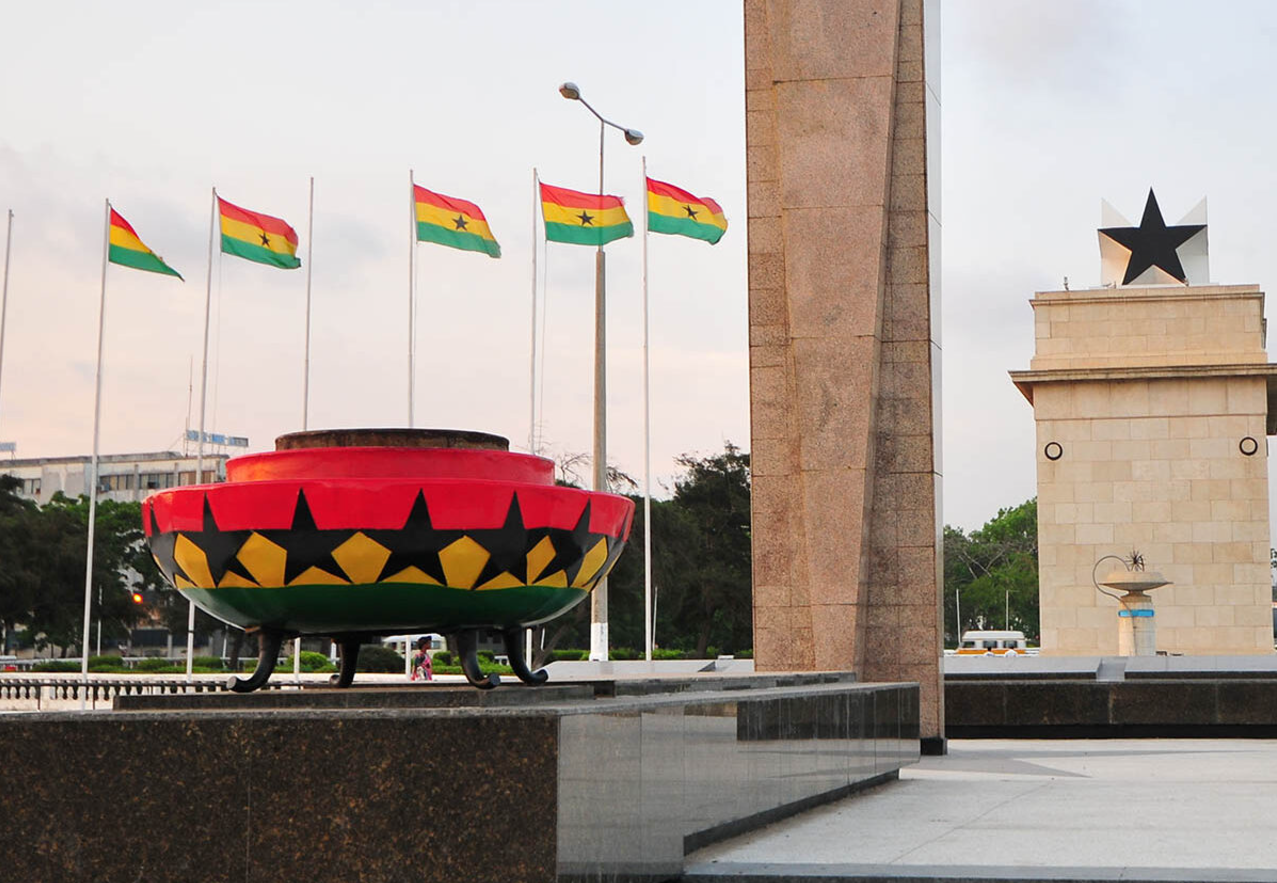

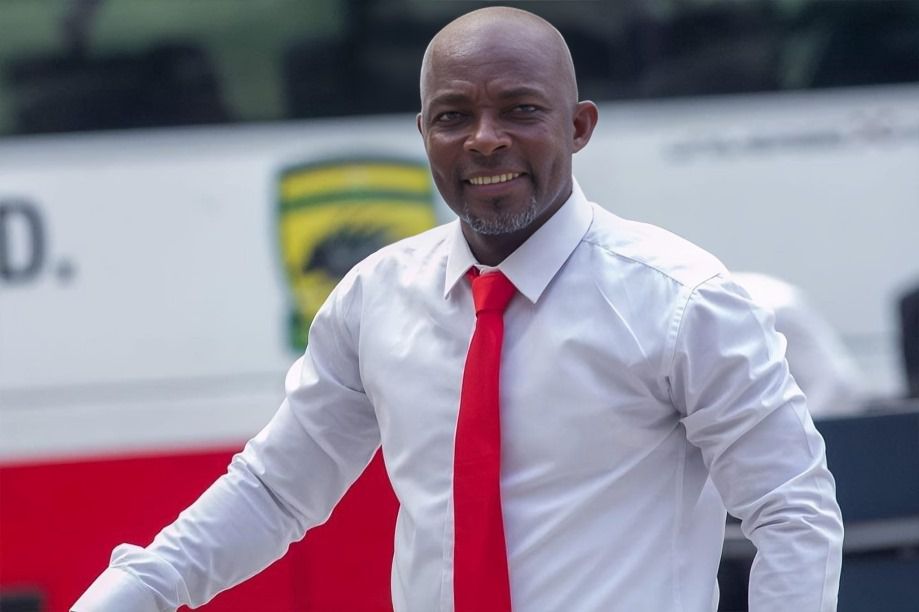

Facebook
Twitter
Pinterest
Instagram
Google+
YouTube
LinkedIn
RSS